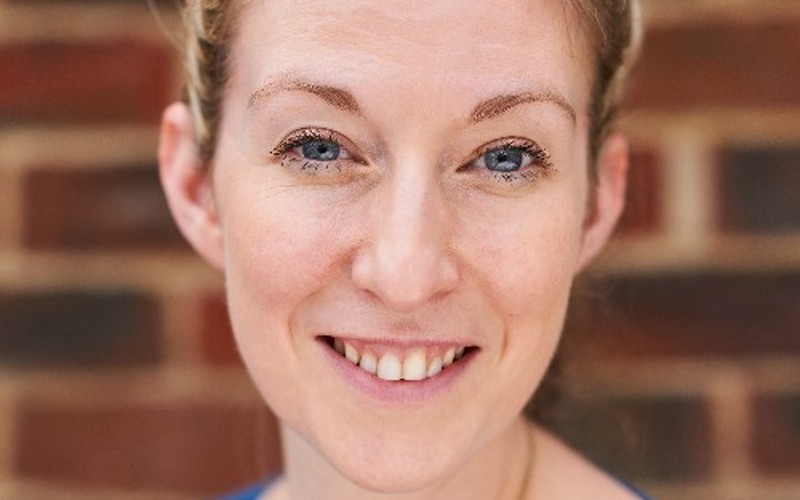Octopus Group has launched a new accelerator programme – Springboard – aimed at creating and accelerating new businesses across the UK and Europe that will help to solve society’s biggest problems.
Springboard will focus on deep tech businesses enabling a sustainable planet, one of the three Octopus investment themes. Without new businesses being created to advance these technologies, global sustainability challenges such as climate change, resource scarcity and energy security will remain unsolved.
The deep tech businesses could be developing technologies such as quantum solutions, photonics and electronics, advanced materials, robotics, AgriTech and artificial intelligence.
This programme will be run bi-annually with selected entrepreneurs taking part in a flexible, three-month programme, in which they will receive a unique mix of training, one-to-one mentorship from industry experts and access to a network of corporates across various sectors.
The programme has been designed to address the key challenge of customer discovery that early-stage deep tech businesses face and accelerate the companies in finding product-market fit while fostering relationships with the industry.
Springboard is the latest in a series of Octopus initiatives which jointly encourage and support the development of new businesses, including an internal Springboard programme. This programme enables Octopus employees to pitch their business ideas to the Octopus co-founders Simon Rogerson and Chris Hulatt, and if they’re successful, the employee receives start-up capital from Octopus to start the business and support in developing their idea. If their business idea doesn’t work out, they can return to their previous role at Octopus.
Since the launch of the internal Springboard programme in 2018, a number of Octopus employees have successfully started their own business, including Karen Taylor (pictured), who founded Wellness Cloud, a fast-growing wellbeing provider. Springboard also hosts annual entrepreneur awards, which celebrate MP-nominated companies across the UK, with winners gaining support from Octopus.
“We believe entrepreneurs are society’s true agents of change. They have the power to solve the biggest problems facing our society and the planet,” said Rogerson. “But building a business capable of changing the world is laden with challenges.
“Securing funding is often highlighted as one of the largest hurdles, but in our experience of backing entrepreneurs, customer discovery and finding a market fit for their ideas rank equally high on the worry list.
“As a business that is proudly entrepreneurial – I still run the business with my Co-Founder Chris Hulatt after 23 years – and that has backed some of the UK’s most successful businesses, from Octopus Energy to Zoopla, we believe we are uniquely placed to support the next generation of entrepreneurs through Springboard.”
Springboard will be run by the Octopus Investments’ venture capital team – Octopus Ventures – which is one of the largest and most active venture capital investors in the UK and Europe.
The team has backed more than 180 businesses, including success stories such as Depop, which was sold to Etsy for $1.6 billion; WaveOptics, which was acquired by Snap; and ManyPets, which achieved unicorn status in 2021.
Zoe Reich and Rubina Singh, principals in the Octopus Ventures deep tech team, will run the programme, having successfully led a pilot for Springboard between April-July 2023. They received a high volume of quality applications, from which the first cohort of promising startups were chosen to participate in the pilot.
The team has made more than 80 startup-corporate introductions to date to support these businesses in their customer discovery.
David Hughes, founder & chairman of Catalsys, one of the startups on the cohort, said: “The Octopus Springboard Programme has been like a supportive family – with experts and mentors from Octopus Ventures, and a great community of other startups sharing problems and supporting each other.
“We really feel like we have had fantastic opportunities to understand how to best commercialise our product and fund our development.”


